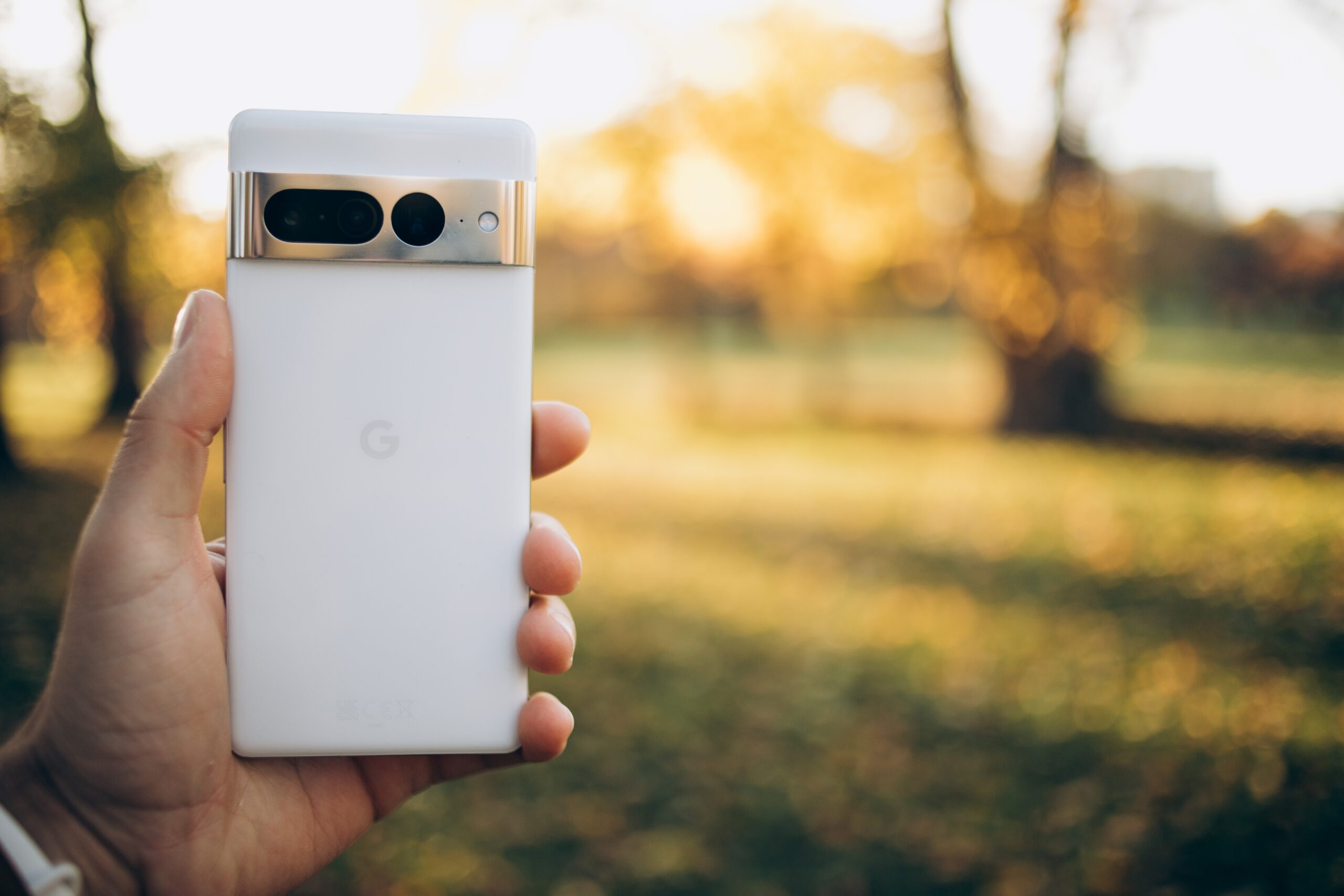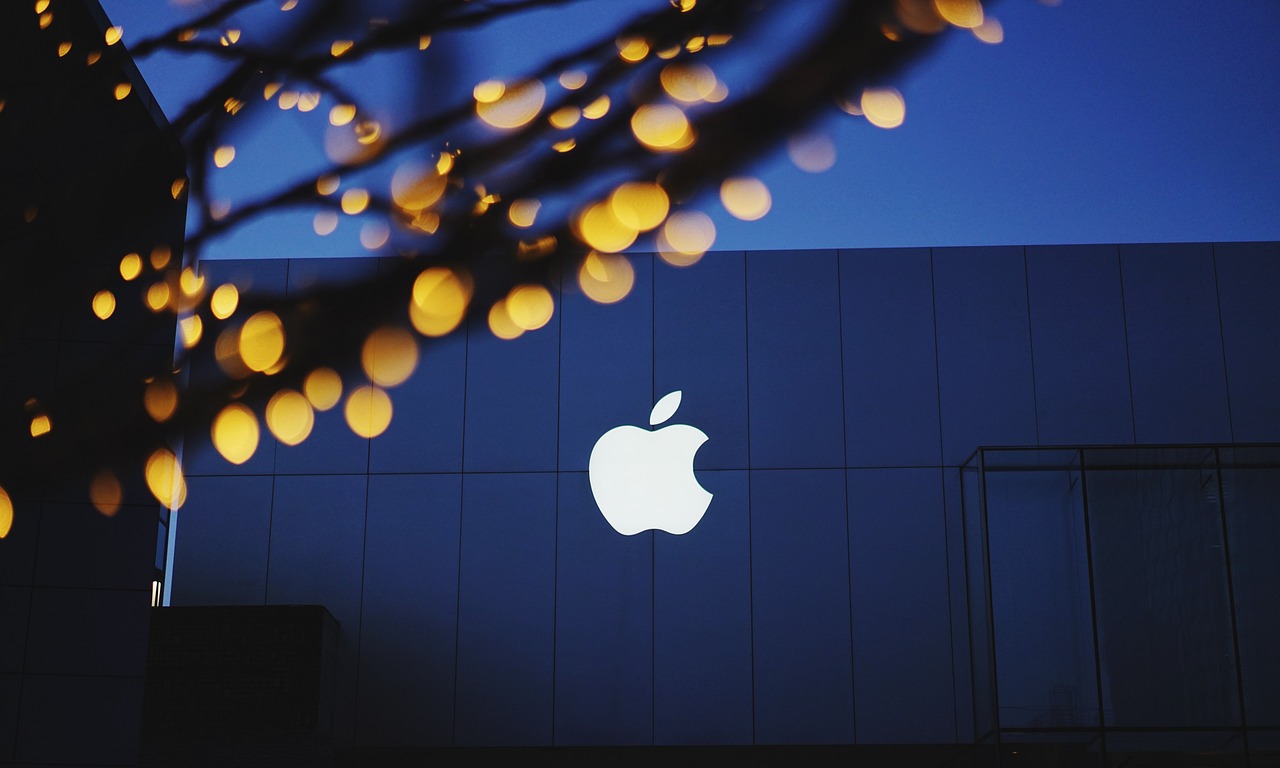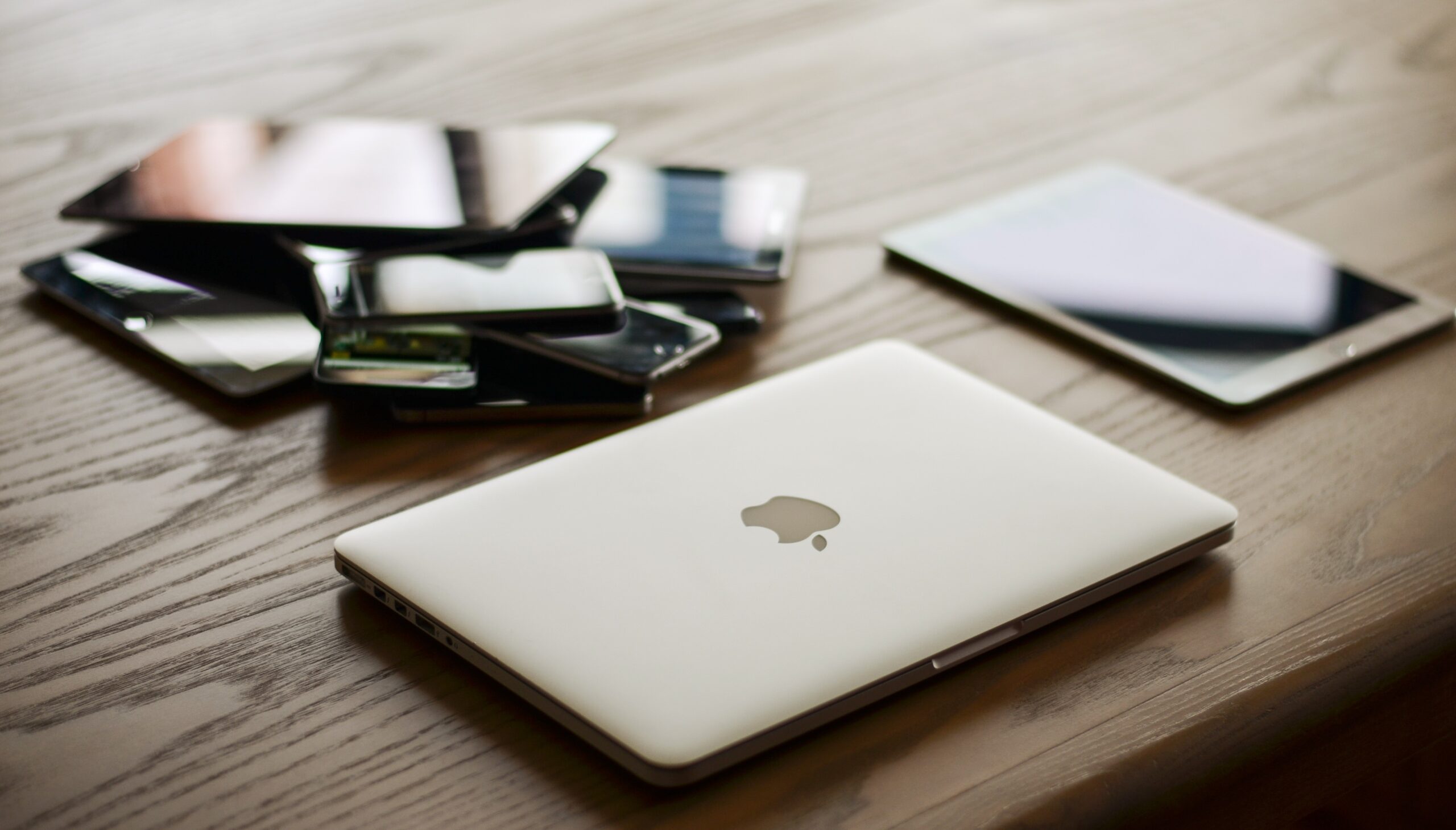Parents concerned about the amount of time their teens spend on their phones may need to reconsider their concerns. What’s more, a recent study conducted by Hanyang University in Korea has revealed findings that challenge traditional views about teen smartphone use.

Balance is key
- Teenagers who use their cell phones for less than two hours a day have a lower risk of depression and other mental health problems.
- Scientists at Hanyang University in Korea have established important connections between phone use and young people's mental health.
- Balance is essential: more than four hours a day is associated with an increase of up to 22% in health problems.
The scientists, whose study was published in the scientific journal Plos One, found a direct correlation between the amount of time spent using the phone and the mental health problems faced by young people aged between 13 and 18. Surprisingly, those who used the phone for less than two hours a day had a lower risk of depression, sleep problems, stress, suicidal thoughts and even alcohol dependence, certainly compared to those who did not use it.
The research highlights the importance of moderation. While less than two hours a day was associated with beneficial effects, more than four hours showed an increase of up to 22% in mental health problems. However, this raises significant concerns about the impacts of excessive mobile phone use during adolescence, suggesting potential challenges in adulthood.
The researchers note: “One to two hours of use protected against suicide attempts… Using smartphones for less than two hours per day even appears beneficial for mental health outcomes compared with no use.”
Research insights
The analysis was based on data collected between 2017 and 2020, involving 50,000 adolescents in Korea. According to the research, the analysis addressed 103 questions on physical and mental health, providing a comprehensive view of the effects of mobile phone use on this age group. Ultimately, this research brought to light valuable insights into the impact of mobile phone use on the health of young people.
The study certainly revealed important connections between phone usage time and mental health issues faced by young people. In fact, balancing cell phone usage is essential, as moderate use appears to be beneficial, while excessive use can lead to serious problems. However, moderation is not always easy to achieve, as teenagers are constantly bombarded with notifications and social interactions.
Furthermore, parental supervision in this matter becomes crucial to ensure healthy use of electronic devices. Thus, awareness about the impacts of cell phone use on young people's mental health is extremely important, so preventive measures and guidance are essential to promote a healthy balance in the use of these technologies.
Understand more: Brazil: 4th in the Ranking of Cell Phone Addiction, According to Study
Impact of excessive notifications
In fact, another study conducted by Common Sense Media revealed that young people receive an average of more than 230 notifications per day on their smartphones. These notifications, predominantly linked to social networks, have a significant impact on the lives of teenagers, demanding constant responses and social interactions.
Jim Steyer, who was involved in the research, said: “They are constantly being forced to respond socially on Snapchat or TikTok, and it is a dominant factor in their entire personal lives.”
The research highlights the importance of balanced cell phone use among adolescents, emphasizing the significant impacts on mental health. Moderate use appears to be beneficial, avoiding excess use that can lead to serious problems. This highlights the need for parental guidance and supervision in the use of these devices by their children.
See also: How to Use the Government's Revolutionary App to Deactivate Stolen Cell Phones with One Click



